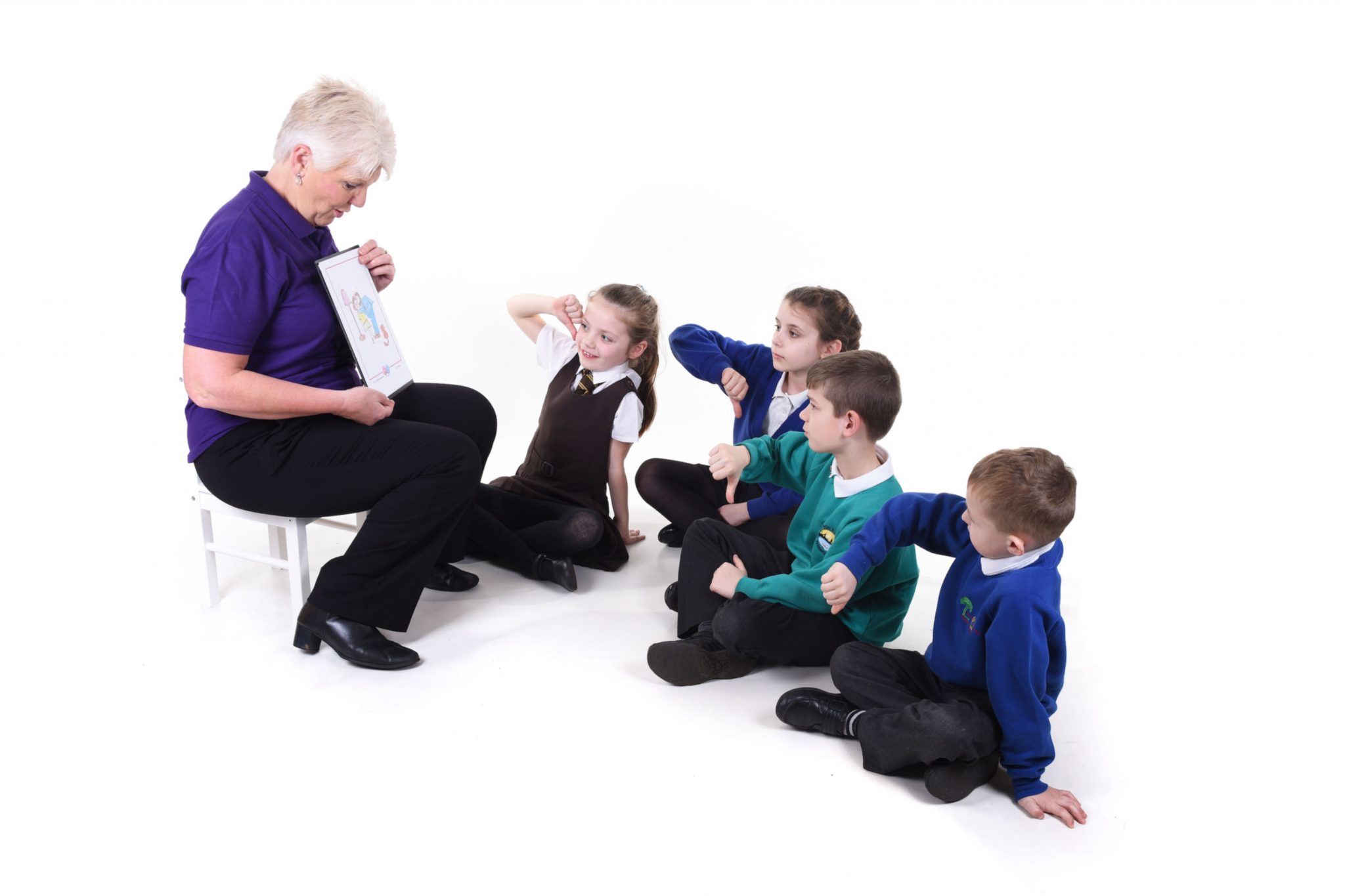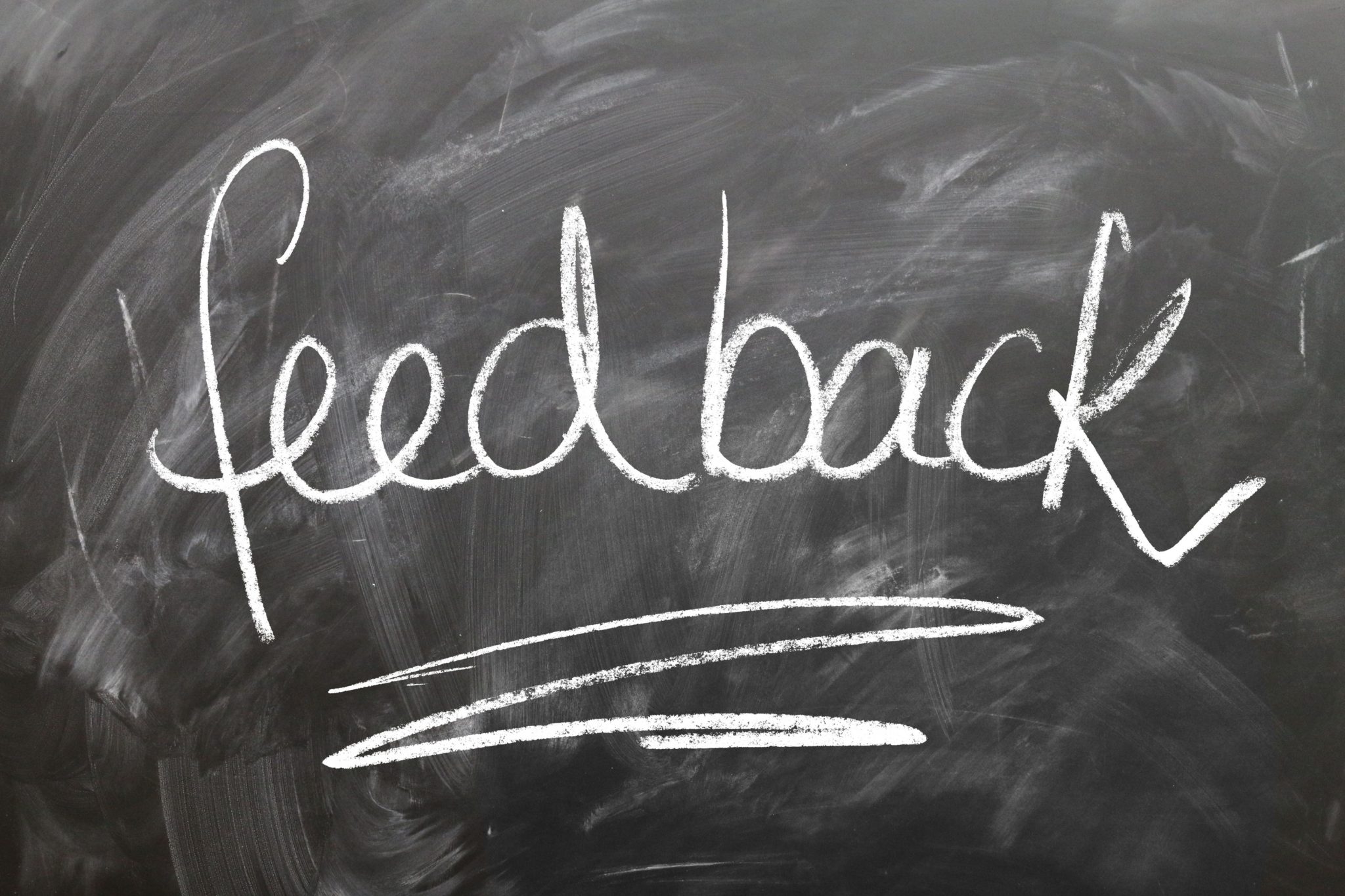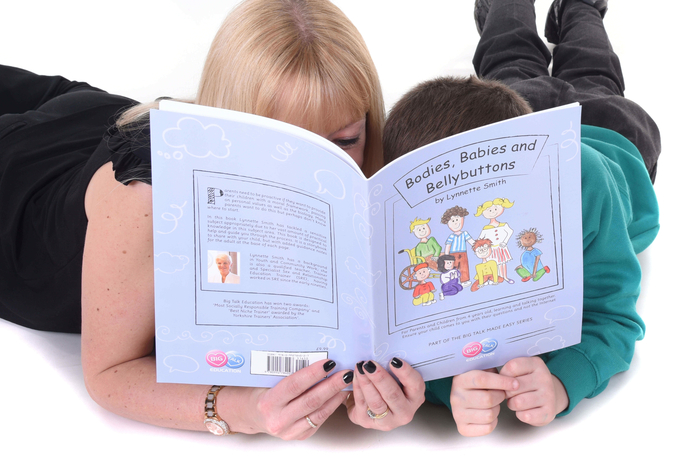Introduction to age appropriate relationship & sex education (RSE)
At BigTalk Education we hold over five parent sessions per week and find that many people have the same questions and concerns when they first hear their children are going to receive RSE lessons. As we specialise in age appropriate delivery from four years old, we have detailed for you some of the most common questions we hear, particularly focused on parents of younger pupils.
What is high quality relationship & sex education?
The law requires that, from September 2020, relationships and sex education (RSE) is taught in all secondary schools in England, and that relationships education is taught in all primary schools in England. In addition, National Curriculum Science (which is taught in maintained schools) includes some elements of sex education.
Identified elements of high quality RSE as defined by a group of Professionals and Young People, which was endorsed by the NCB, The Sex Education Forum, Barnardo’s, NSPCC and The Children’s society were….
- RSE is an identifiable part of a personal, social, health and economic (PSHE) education curriculum, which has planned, timetabled lessons across all the Key Stages
- It is taught by staff regularly trained in RSE and PSHE (with expert visitors invited in to enhance and supplement the programme where appropriate).
- Good quality RSE works in partnership with parents and carers, informing them about what their children will be learning and about how they can contribute at home.
- It is delivered in lessons where pupils feel safe and encourages participation by using a variety of teaching approaches with opportunities to develop critical thinking and relationship skills
- It is based on reliable sources of information, including about the law and legal rights, and distinguishes between fact and opinion.
- Good age appropriate RSE promotes safe, equal, caring and enjoyable relationships and discusses real-life issues appropriate to the age and stage of pupils, including friendships, families, consent, relationship abuse, sexual exploitation and safe relationships online.
- It gives a positive view of human sexuality, with honest and medically accurate information, so that pupils can learn about their bodies and sexual and reproductive health in ways that are appropriate to their age and maturity.
- It provides pupils with opportunities to reflect on values and influences (such as from peers, media, faith and culture) that may shape their attitudes to relationships and sex, and nurtures respect for different views.
- It includes learning about how to get help and treatment from sources such as the school nurse and other health and advice services, including reliable information online.
- Good quality RSE fosters gender equality and LGBT+ (lesbian, gay, bisexual, trans) equality and challenges all forms of discrimination
in RSE lessons and in every-day school life. - Meets the needs of all pupils with their diverse experiences – including those with special educational needs and disabilities
- Seeks pupils’ views about RSE so that teaching can be made relevant to their real lives and assessed and adapted as their needs change

Parent’s feedback on the Growing Up Safe programme
We answer the most frequently asked questions that parents’ ask us about Relationship & Sex Education.
Helplines and support for parents
Information about who you can speak to if you are (or were) affected by any of the topics we speak to children about.






